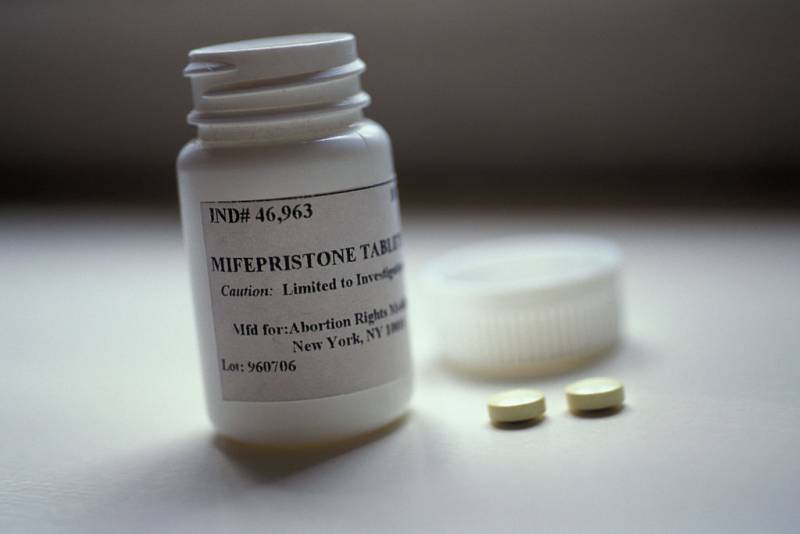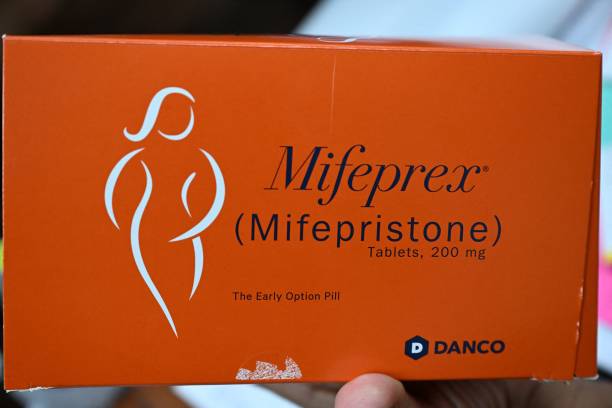Updated 2 p.m. Saturday
Access to the most commonly used method of abortion in the U.S. plunged into uncertainty Friday following conflicting court rulings over the legality of the abortion medication mifepristone, which has been widely available for more than 20 years.
For now, the drug that the Food and Drug Administration approved in 2000 remains at least immediately available in the wake of the separate rulings that were issued just minutes apart by federal judges in Texas and Washington.
U.S. District Judge Matthew Kacsmaryk, a Trump appointee and formerly an attorney for a religious liberty legal group with a long history of pushing conservative causes, ordered a hold on federal approval of mifepristone in a decision that overruled decades of scientific approval. But that decision was quickly followed by U.S. District Judge Thomas O. Rice, an Obama appointee, essentially ordering the opposite and directing U.S. authorities to not make any changes that would restrict access to the drug.
“FDA is under one order that says you can do nothing and another that says in seven days I’m going to require you to vacate the approval of mifepristone,” said Glenn Cohen of Harvard Law School.
The extraordinary timing of the competing orders revealed the high stakes that surround the drug a year after the U.S. Supreme Court overturned Roe v. Wade and curtailed access to abortion across the country. President Joe Biden said his administration would fight the Texas ruling.



